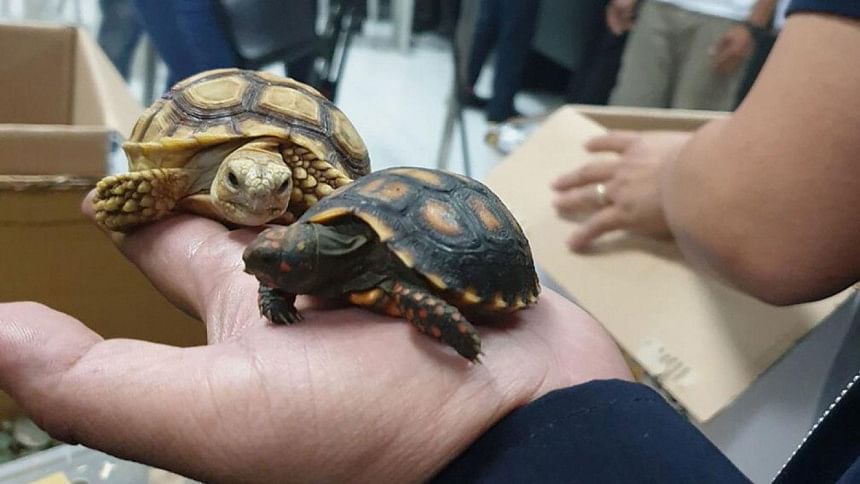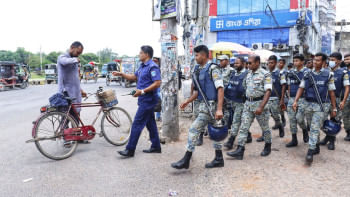Wildlife trafficking poses high virus risks in 6 Asian countries: report

Freeland, a counter-trafficking organisation, has alerted Asian nations to more virus risks from wildlife trafficking, in a new report detailing extensive criminal trafficking supply chains smuggling pangolins and other protected species into markets in six Asian countries.
Wildlife traffickers not only threaten these species with extinction, but also are supplying a direct threat to wider human populations, it said in the report titled "Wildlife Trafficking in Asia: Evolution, Trajectory and Ways to Stop it".
Major wildlife trafficking supply chains that originate in Africa, Latin America and Southeast Asia are not just ending up in China; they are also transiting Indonesia, Laos, Malaysia, Thailand, and Vietnam, with increasing percentages of animals and body parts being offloaded and sold to local consumers, according to the report.
The report also reveals the involvement and methods of specific organised crime groups that are trafficking tons of carcasses and body parts of pangolins, lions, turtles, rhinos, elephants, sharks, as well as live cargo of turtles, snakes, birds, and many more species into multiple Asian markets on a weekly basis.
"This illegal trade is massive and threatens many species with extinction, and as we have seen with Coronavirus, people's lives too," said Steven Galster, founder of Freeland.
"China is the number one consumer, but there are other thriving wildlife markets across Asia. Jakarta hosts wild animal markets, as does Bangkok, Hanoi, parts of Laos and Myanmar, not to mention numerous restaurants and new online platforms targeting consumers across the entire region," he said.
The report will be released in English, Thai, Vietnamese, and Chinese at the Foreign Correspondents Club of Thailand in Bangkok this month, with the exact date and time to be announced within a few days.
Law enforcement officials will join Freeland to provide a detailed look at Asia's wildlife trafficking crisis and options for ending it.
Freeland has cautioned governments and the public not to destroy the animals. Closing markets and refraining from consumption of the animals is the only sure way to prevent the spread and reoccurrence of outbreaks, it said.

 For all latest news, follow The Daily Star's Google News channel.
For all latest news, follow The Daily Star's Google News channel. 



Comments